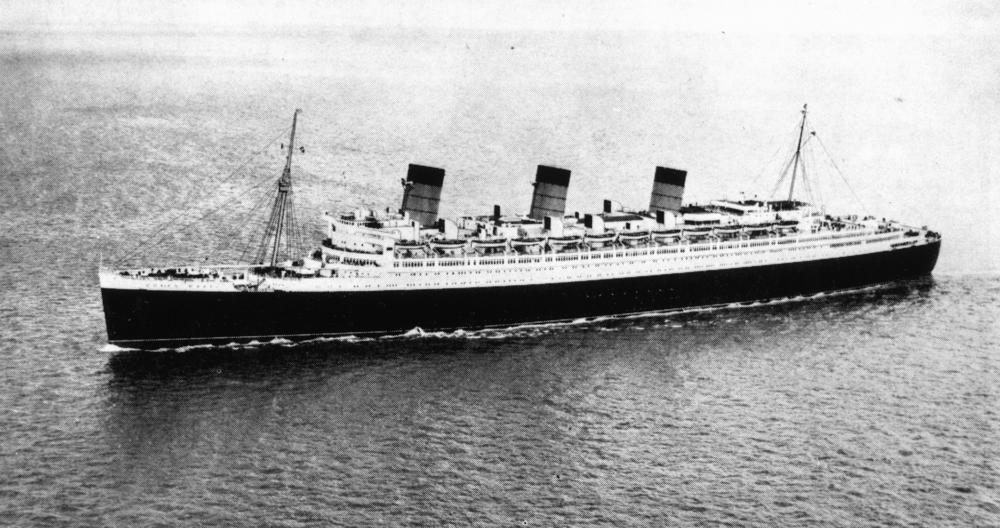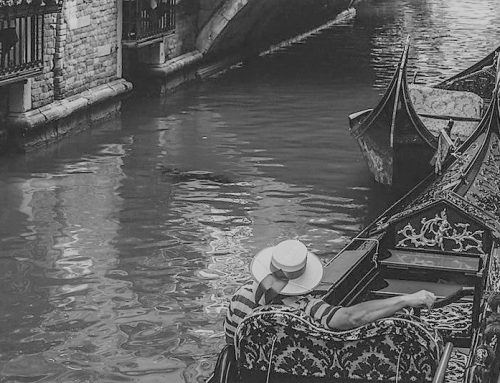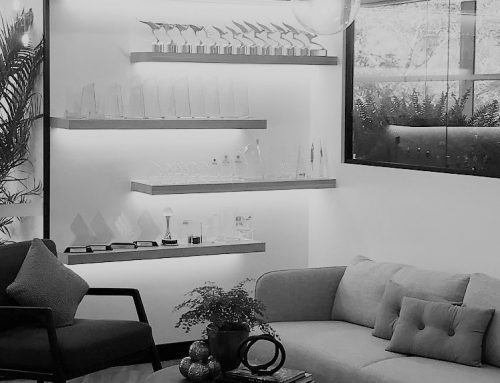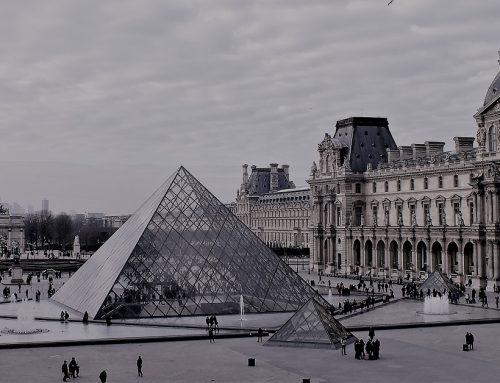The word ‘luxury’ gets tossed around a lot these days. Luxury. Highly subjective. But what is it?
What does it mean to you?
For a long time I imagined that luxury, etymologically speaking – was related to the word deluxe. And that deluxe had its origin in describing quality goods that came from Luxembourg (de-Luxe) in the same way that denim references the French city Nîmes (de-Nîmes).
It turns out that luxury actually comes from the Latin word luxuria meaning ”excess, extravagance, profusion or delicacy”. The Romans used luxuria to describe riotous living and shameful waste, but by the 1700s ‘luxury’ had come to mean ‘something enjoyable or comfortable beyond life’s necessities’.
I think for many that’s still a pretty fair description. But not everyone. I know someone whose default hotel ‘luxury’ litmus test is the quality of the coat hangers in the wardrobe. The first thing he does on entering his room is open the wardrobe and inspect the hangers. If they’re the type that are locked onto the rail, or need two hands to jiggle the hanger from the circular bit fixed to the rail (you know the ones), then the hotel fails the luxury test. For him it’s an affront and there’s little the hotel can do from there to salvage the relationship.
I have other friends for whom the test is a quick assessment of a restaurant or airline wine list. And others that see luxury simply as a quality experience of any kind like settling down for an afternoon with a good book and a glass of something nice. There are, of course people who anguish over sheet thread-counts, celebrity chefs and Michelin stars, pillow menus, soap concierges, labels and other rarefied offerings.
But we live in strange times. Times where designer brands are stooping into a space called entry-level luxury. The idea being that, even though the Tiffany keyring, Hermes trinket or Dior iPhone cover may undermine a brand’s ‘exclusivity’, entry-level luxury products can build a loyalty in young customers for life. The lifetime-value of the customer to a business is big business, indeed.
So what does it all mean? I confess, I do like a few nice things beyond life’s necessities, as the definition goes. And I’m lucky, on occasion, to enjoy an airline or hotel upgrade through the loyalty programs that influence some of my decision making. But do I see it all as luxury? Not necessarily.
I run service businesses so I’d say I’m particularly attuned to service. The view, the room, the food all are part of a luxury travel experience, but service is my litmus test. Great service comes from people. People who are engaged, valued and who buy into a business’ values. These people are typically attentive, they anticipate their customers’ needs and act swiftly. My husband sneezed once at Las Ventanas al Paraíso resort in Cabo, Mexico. Within seconds a waiter arrived with a box of tissues followed by another waiter with a second box for my husband to put the tissue in when was done with it. Equally, I’ve enjoyed terrific service by brilliant staff in much less posh environments than Las Ventanas al Paraíso. Service that elevated my sense of luxury way beyond the physical short-comings of the place.
At Virgin they call it Brilliant basics and magic touches. And they can come from anyone, anywhere because they’re genuine, spontaneous and human. Customer experiences like this make you feel special. If feeling special isn’t the most luxurious human experience then I don’t know what is. In my experience, customers that feel special spend more. It’s good business.
Clearly, we’re simple creatures. The coat hanger guy? Not sure I can say the same thing about him. He’s extremely complicated. But make me feel special and we might develop a lucrative, long-term, deluxe relationship.
How do you define luxury?






